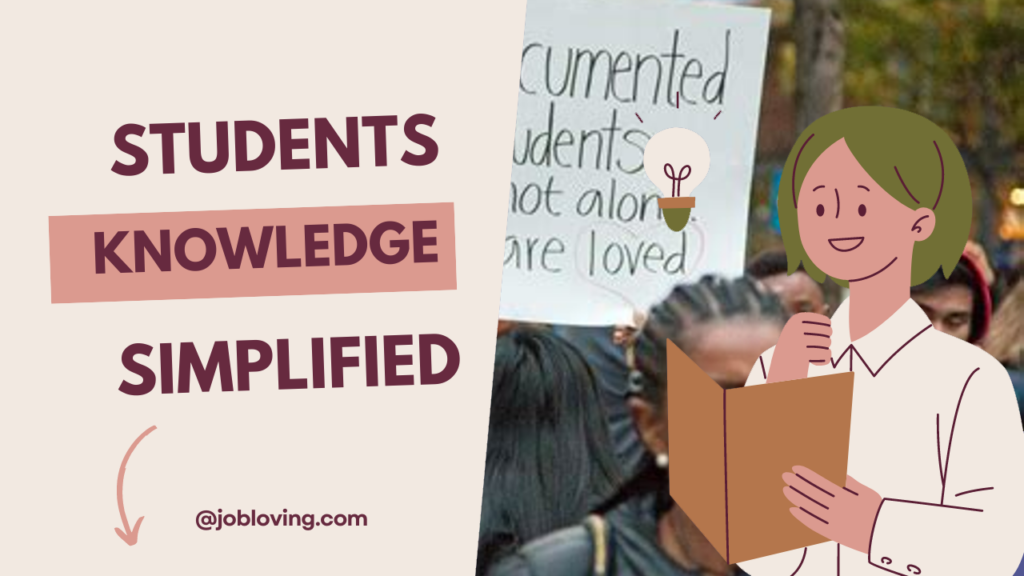Navigating the world of higher education can pose unique challenges for undocumented students, often leaving many feeling overwhelmed and unsure of their options. However, the good news is that there are numerous resources and pathways available to help these students thrive in their educational pursuits.
First and foremost, it’s essential to understand the legal landscape. Thanks to the landmark case, Plyler v. Doe, federal law protects the right of undocumented children to receive a public K-12 education. This means that every child has the opportunity to build a strong academic foundation, regardless of their immigration status. But what happens after high school? The rules get murky, as there are no federal laws explicitly prohibiting colleges from admitting undocumented students, yet each state has its own set of regulations. Some states welcome undocumented students with open arms, offering in-state tuition and financial aid, while others may create obstacles that make enrollment more difficult.
One significant hurdle is access to federal financial aid. Unfortunately, undocumented students are unable to tap into federal funding options, which limits their ability to afford post-secondary education. This makes it crucial for students to thoroughly research individual college policies, as resources and funding options often differ significantly across institutions. For those looking for financial assistance, private scholarships exist, but they typically require diligent research and specific application processes – a task that can be daunting without a guiding hand.
Building a robust support network is key. Connecting with family, teachers, and counselors can provide undocumented students with the essential encouragement and guidance needed to navigate the college application process. Thankfully, many colleges have recognized the unique needs of undocumented students and offer programs tailored specifically for them. These resources can range from mentorships to legal support, ensuring that students feel safe and supported throughout their educational journey.
Another layer to consider is the ever-changing landscape of immigration laws, which can significantly affect undocumented students. Staying informed about local and national legislative changes is paramount for these students as they formulate their educational pathways. Advanced Placement (AP) classes can also be an advantageous strategy, enhancing the college application profile and potentially saving money on tuition through accrued credits.
No one is alone in this journey. Many organizations and advocacy groups have risen to the occasion, providing resources, scholarships, mentorship opportunities, and even legal advice geared specifically toward undocumented individuals. The Presidents’ Alliance, for example, is dedicated to supporting undocumented students at higher education institutions, offering a variety of support services that can make the college experience smoother and more manageable.
Exploring the option of entrepreneurship can also open doors for undocumented individuals. Starting a business may provide both financial independence and a rewarding career trajectory without the roadblocks that often accompany traditional employment pathways. And, let’s not forget mental health resources tailored for undocumented students, which can be crucial in addressing the distinct stressors they face.
To sum it all up, the journey of an undocumented student doesn’t have to be a lonely one. Each path is unique, filled with its challenges and victories, but with a wealth of resources, support networks, and advocacy efforts available, undocumented students can find their way to success. The most important thing is to remain hopeful and proactive – doors may be closing, but many others remain wide open, waiting to be explored. With perseverance, creativity, and the right support, the future can look bright even in the face of uncertainty.
What legal protections exist for undocumented students in K-12 education?
Undocumented students are legally protected under federal law, specifically affirmed by the Plyler v. Doe case, which ensures their right to enroll in public K-12 schools regardless of their immigration status.
How do state laws influence the educational opportunities for undocumented students in higher education?
State laws significantly impact the admission and financial aid opportunities for undocumented students, as there is no federal prohibition against their admission to colleges. However, each state has different regulations regarding in-state tuition eligibility and available financial aid, making it crucial for students to research their specific state’s policies.
What resources are available to support undocumented students in navigating college applications and funding?
Numerous organizations and resources exist to assist undocumented students with college applications and funding opportunities. These include scholarships specifically for undocumented students, legal support for understanding immigration options, and mental health resources tailored to their unique challenges.
Why is it important for undocumented students to build a support network during their educational journey?
Building a support network with family, teachers, and counselors is essential for undocumented students as it empowers them to navigate the complexities of college applications, access resources, and address the unique challenges they face in pursuing higher education.

